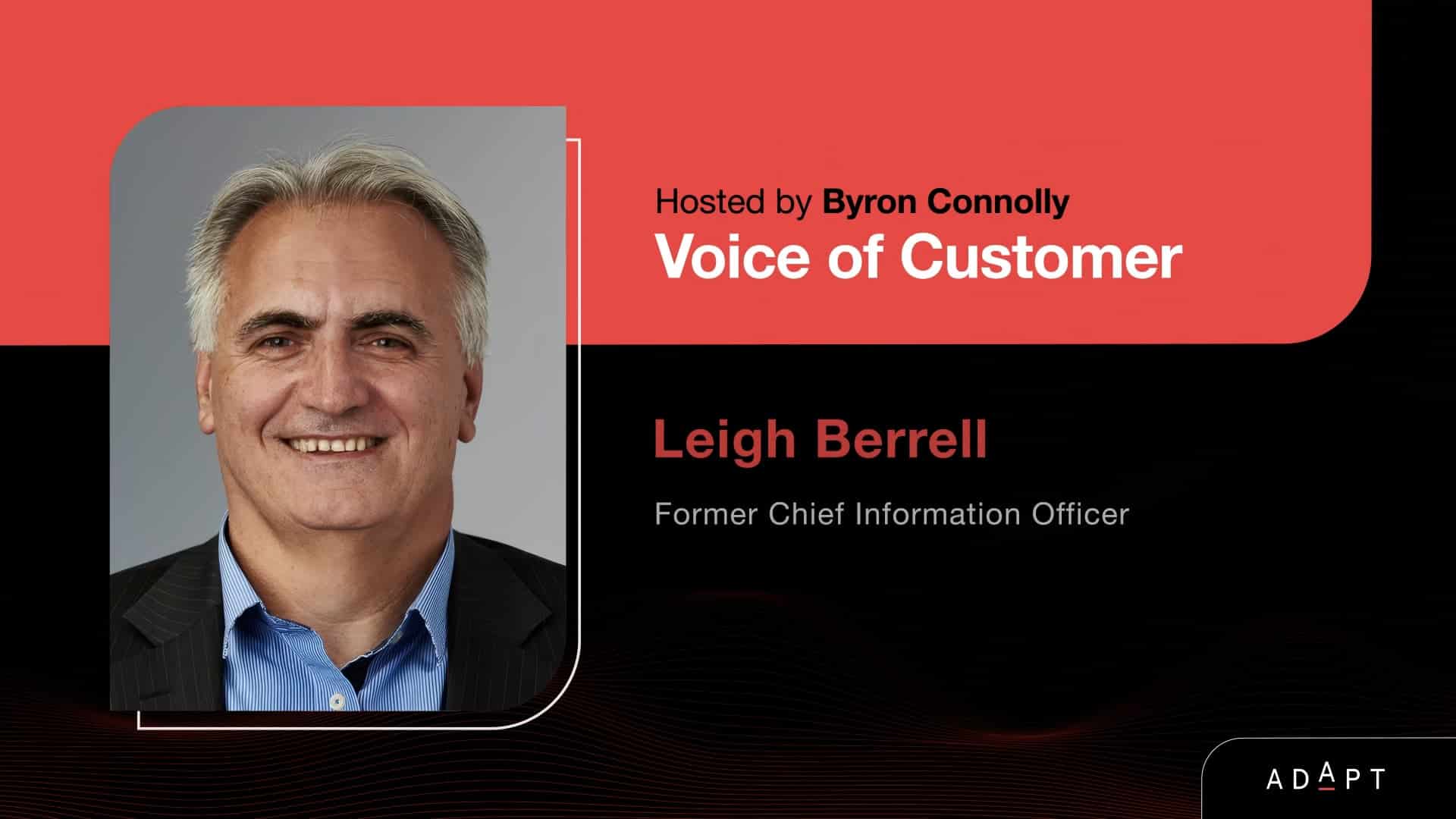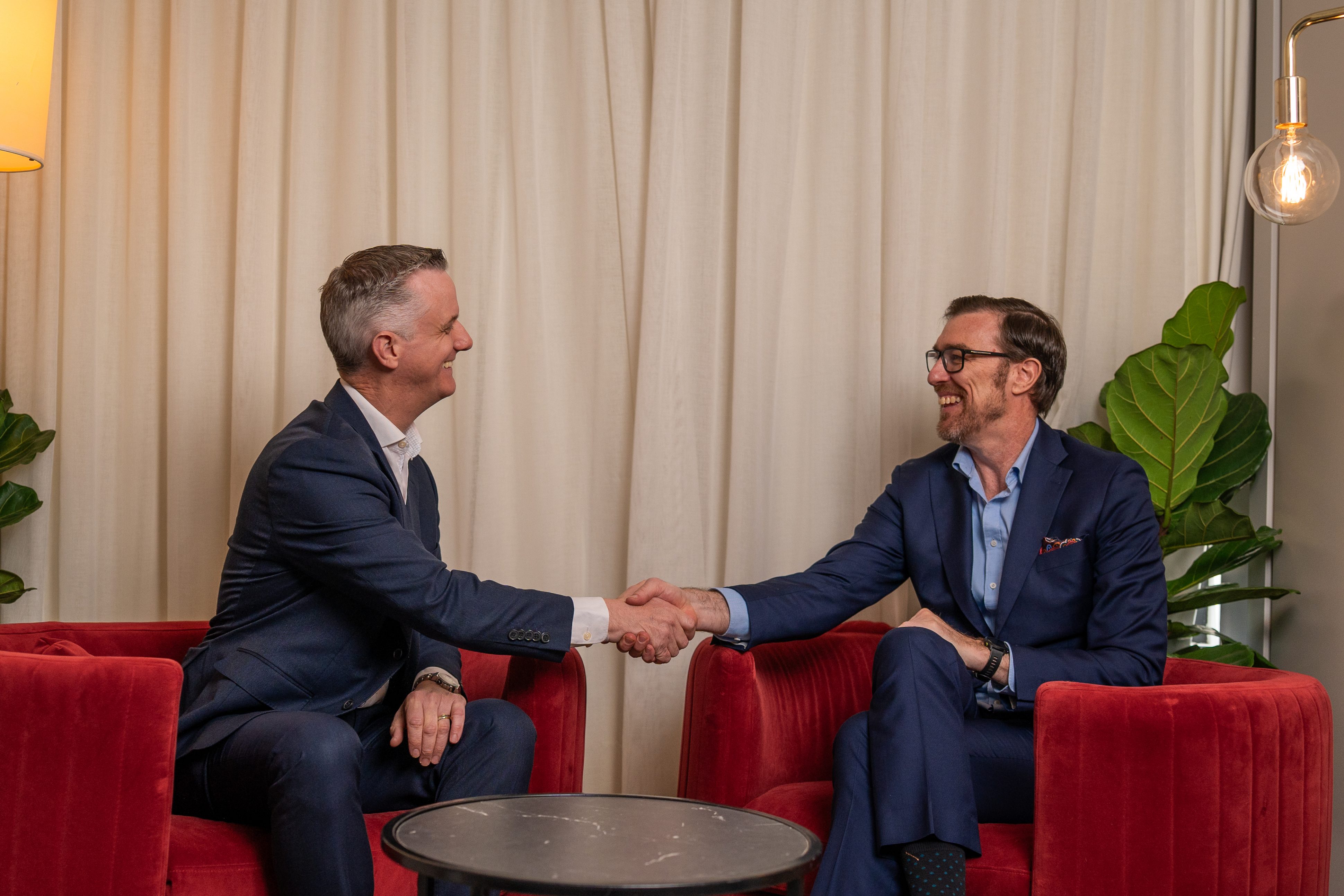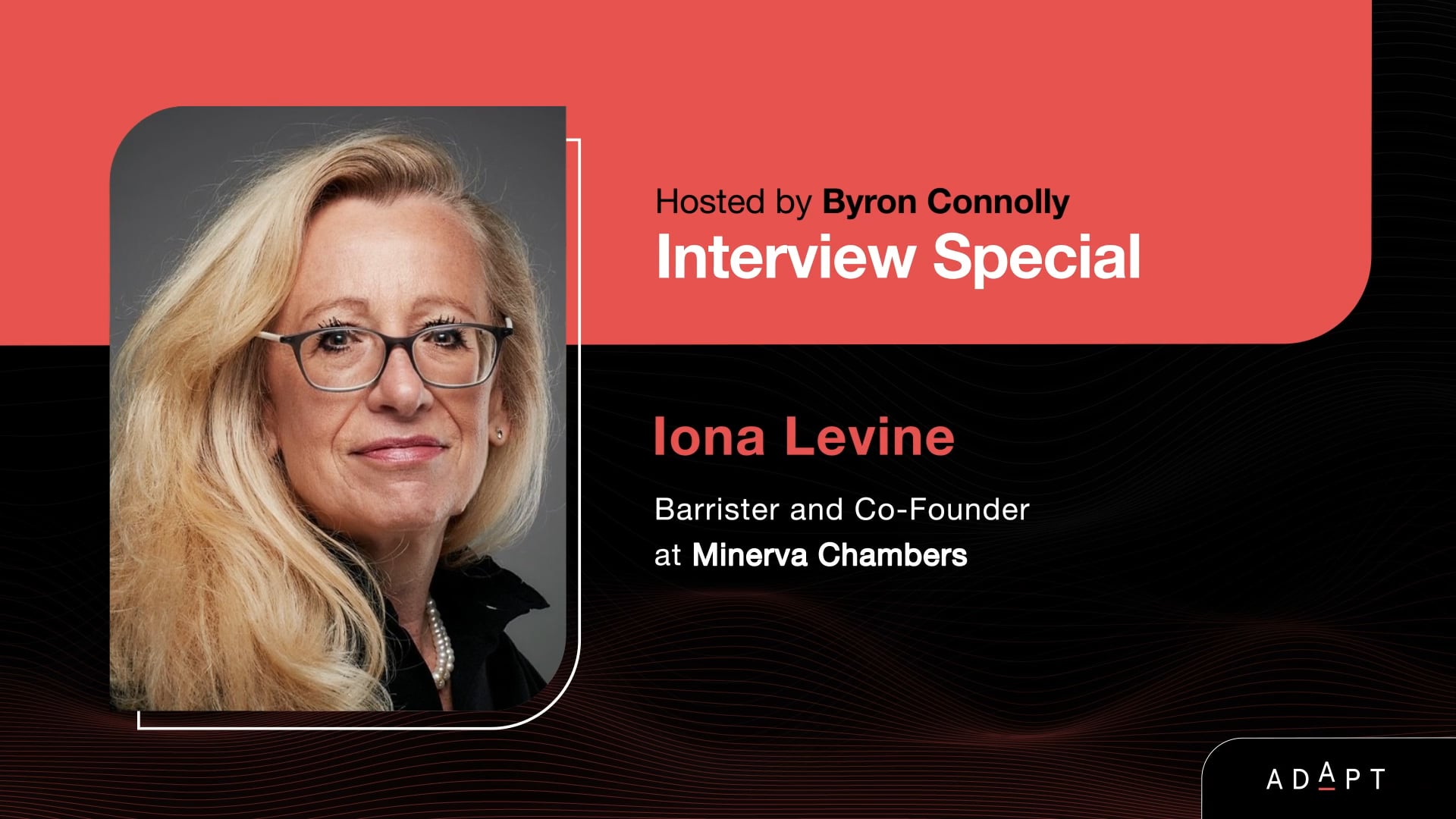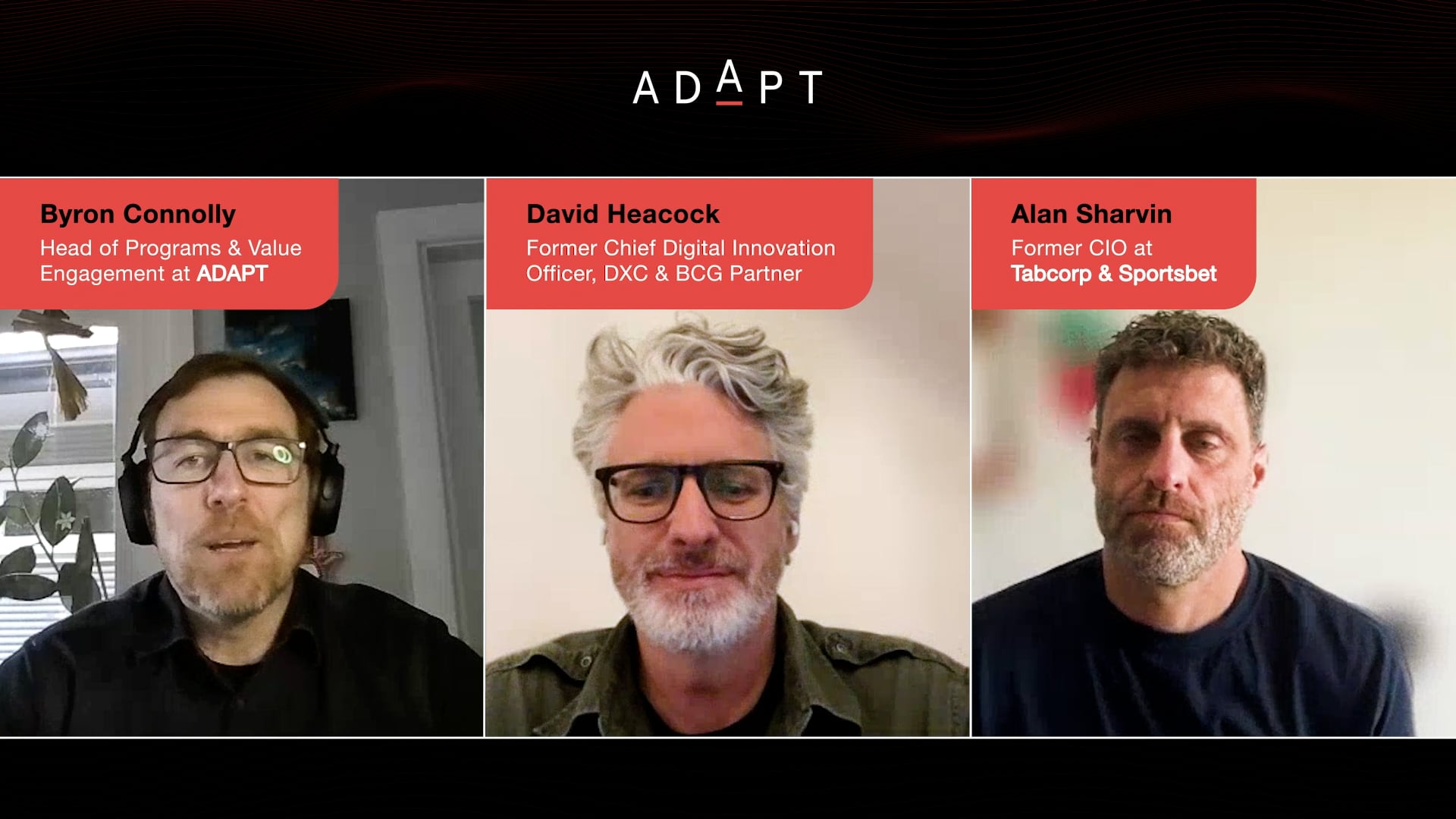Veteran CIO Leigh Berrell shares two leadership lessons from decades in enterprise IT, highlighting instinct, decisive action, and culture as drivers of success.
After 48 years in the workforce, including more than three decades in enterprise IT, Leigh has distilled his career into two lessons: trust your instincts and do not hold onto the wrong people for too long.
He recalls accepting a CIO role despite doubts.
“It was good pay, and it was a good lift for me, and I sort of pushed all those niggles aside. In the end, every one of those niggles was true and I really didn’t enjoy the short time that I spent there.”
“If I’d listened to my gut instinct, that wouldn’t have happened,” he added.
His second lesson comes from waiting too long to act when someone is a poor fit.
He has learned that acting swiftly can be kinder for all involved, while delays often lead to regret.
Shaping culture for performance
As CIO at Yarra Valley Water from 2011 to 2016, Leigh lifted staff satisfaction from 30% to 86%, earning a place in the 2016 CIO50 Australia awards.
He credits the turnaround to shifting the culture toward customer focus and business outcomes.
“People in the business don’t care what piece of software it is. What they care about is the outcomes they get.”
Leigh believes high-performing teams require a positive culture where staff understand their role in the organisation’s mission, recognise the value they add, and feel empowered to contribute.
Leading through adversity
At Skilled Group during the global financial crisis, Leigh faced the challenge of shrinking teams while helping the company stay afloat.
He says the focus remained on finding ways to contribute to the organisation’s ability to move forward.
He sees enabling decision-making, risk-taking, and innovation without micromanagement as critical.
In several roles, he has built teams that could operate without him.
“If you can do that, then it’s time for you to step out and uplift another management team somewhere else.”
Read our full breakdown for more insights into Leigh’s leadership discipline, cultural transformation, and building resilient teams.






























